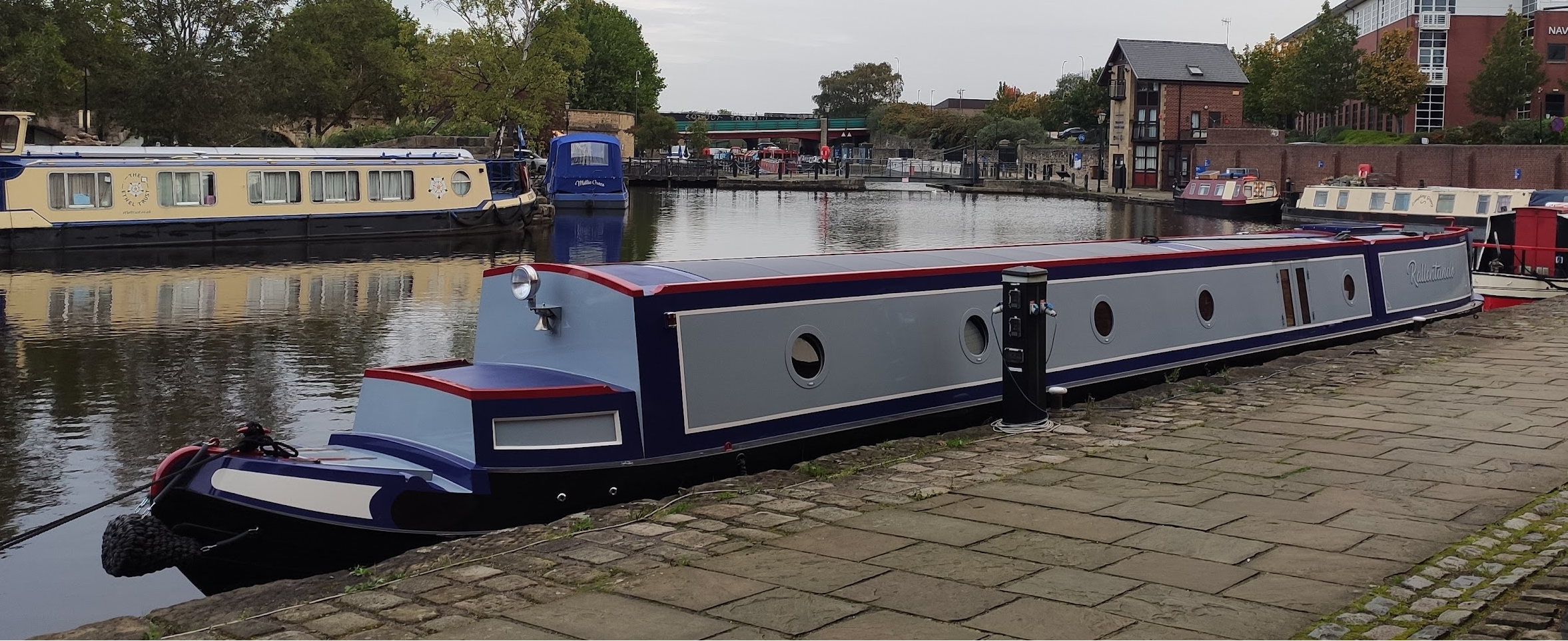The problem is that the design features and tradeoffs and gotchas for a (more complex) hybrid/electric boat are quite different to a (simpler) diesel one -- the fact that most builders/installers understand how to make diesel boats work well hides that fact that there were many in the past which didn't, but the industry (mostly) learned from its mistakes -- and that's what's going on today with hybrid boats.
Some of the things that you can get away with on a diesel -- badly matched engine/gearbox/prop, feeble/inefficient/badly designed electrical system, poor charging/battery management, poor hull design -- show up as much more obvious faults to the end user in a hybrid boat, because they matter more (less power to throw away) and have a bigger effect (higher power use/shorter range) or affect fundamental operation (the electrics!), so sloppy design/build comes back to bite you.
I'm sure that another cause of problems is the " 'ow much?!?! " syndrome -- top-quality components to build such a boat (motor, generator, lithium batteries, controller, inverter/charger...) are pretty expensive, so many builders try to reduce costs and cut corners, and don't put the time and effort in to get everything debugged and working properly (or don't understand how to do this) -- the end result is a problematic boat.
You could also partly blame customers who are more focused on expensive internal fittings and appearance and "woo-hoo, let's go green and fossil-fuel-free" but don't understand the real benefits of spending more on the engineering that underpins all this, so even if offered cheaper vs. more expensive components they'll choose the cheaper ones and spend the money saved on things like kitchen worktops/appliances and internal bling -- which has always been so, but you could get away with it on diesel boats... 😉
So it's not entirely the fault of the builders -- though they certainly bear a lot of the blame in some cases! -- because they're supplying what a lot of (non-engineer) customers want, a nice-looking boat with green credentials at a kind-of-affordable price. It's a bit like people buying cars which look good and are very well-equipped and cheap for what they are, but underneath (where they can't see) are penny-pinched and unreliable... 😞




